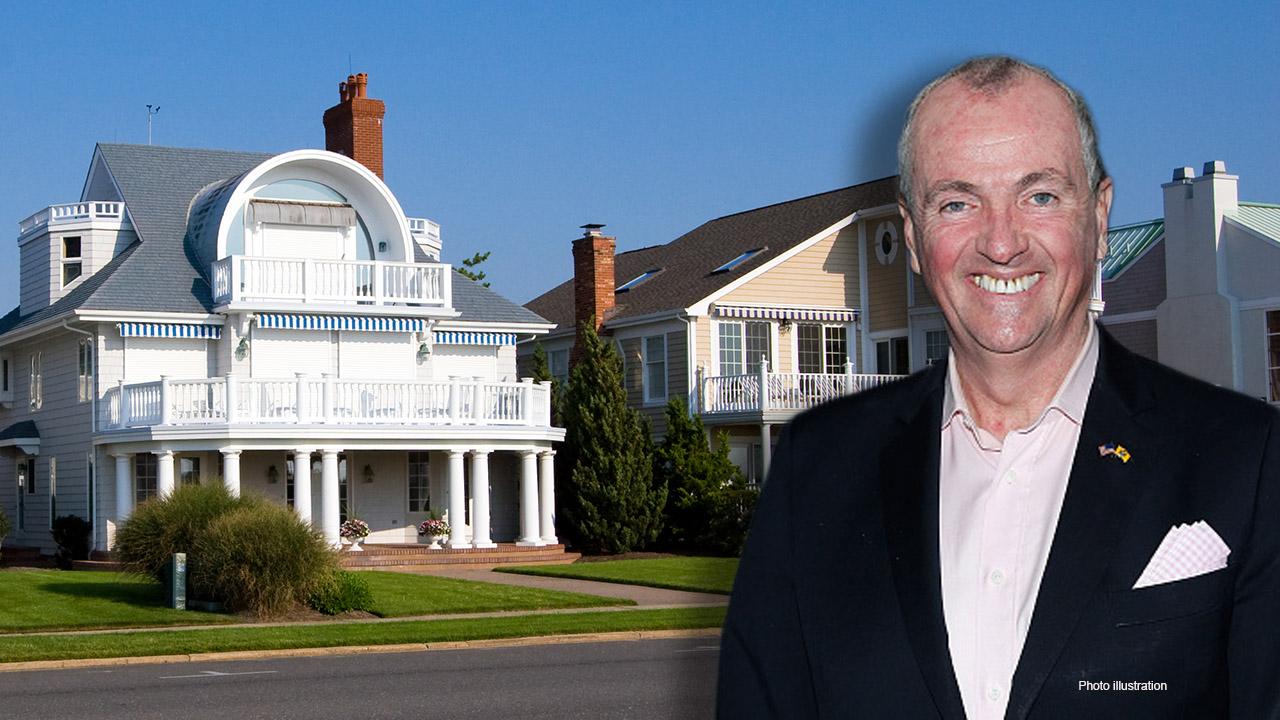What NJ millionaire's tax means for your finances
Experts break down what the increased rates mean for people earning different incomes
The New Jersey State Legislature reached a deal this week to impose higher taxes on certain high-earners, which could make a significant difference in some millionaires’ tax obligations.
The measure, which has been a favored project of the state’s Democratic Gov. Phil Murphy for years, would raise marginal rates to 10.75%, from 8.97%, on people with incomes above $1 million.
The higher rate is currently applied to those earning more than $5 million.
The hike, according to Murphy’s office, would raise $390 million in fiscal 2021.
NJ GOV. PHIL MURPHY LOOKS TO PLUG BUDGET HOLES BY TAXING MILLIONAIRES, CORPORATIONS
It is an increase to "overall taxes for every $1 earned above $1 million," Philip Ross, CPA, Senior Wealth Adviser at Exencial Wealth Advisors, explained to FOX Business.
While there are a lot of factors that complicate an individual’s tax obligation, here are a few simplistic estimates to show how the change would affect New Jersey residents at different income levels, according to Ross and Geoffrey Weinstein, special counsel in the Tax, Trusts & Estates Department of Cole Schotz. Federal tax obligations have not been taken into account.
HIGH-TAX STATES NEED TO GET ‘CREATIVE’ TO LURE BACK WEALTHY RESIDENTS, EXPERT SAYS
Income of $1 million
Because the new tax applies to dollars earned over $1 million – these individuals would see little change.
Weinstein said the income tax on the first $1 million is $72,688.
Income of $2 million
These individuals would see an increase of $17,800 under the new tax law, which would equal $182,073.75 for a single filer or $180,157.50 for a joint filer, Ross said.
Income of $3 million
Residents with incomes of $3 million would see a $35,600 tax increase, according to Ross, which comes out to about $289,573.75 for single filers, and $287,657.50 for joint.
Ross also noted that because state and local tax deductions are capped at $10,000 – residents won’t find much relief at the federal level, either.
GET FOX BUSINESS ON THE GO BY CLICKING HERE
As previously reported by FOX Business, a number of cities and states are considering tax hikes to generate additional revenues as a means to offset severe losses.
The Nashville City Council approved a budget that contained what it acknowledged would be a “painful” property tax increase on its residents. Colorado and California are also eyeing property tax increases.
San Francisco is considering potentially raising taxes on executive compensation.
New York City Mayor Bill de Blasio has also said that he is not opposed to raising rates on the city’s wealthiest residents – though Cuomo has expressed resistance.
Meanwhile, congressional lawmakers have been unable to find common ground on an additional stimulus package. Democrats want to provide more funds to state and local governments, which has been a sticking point in negotiations.




















